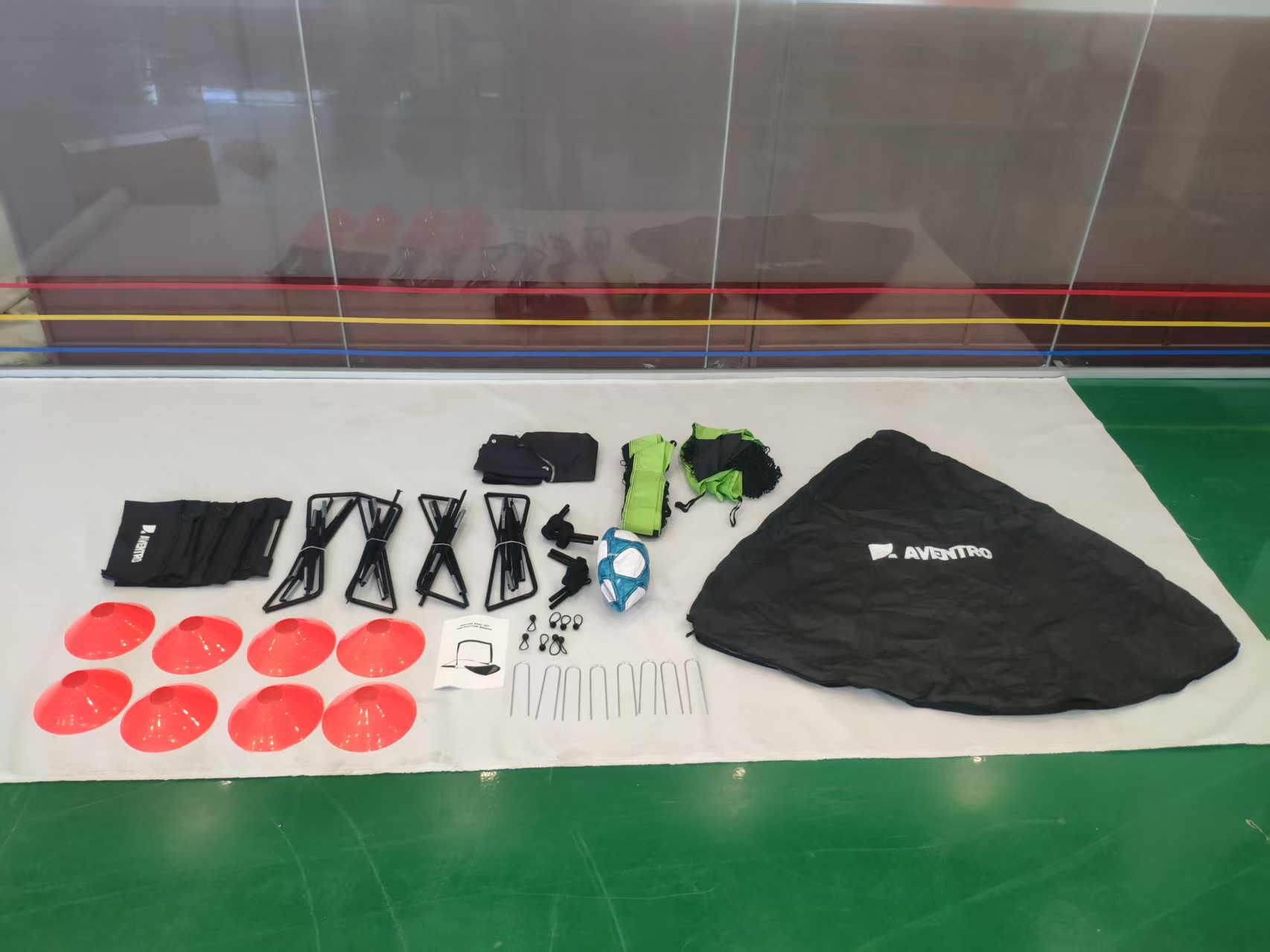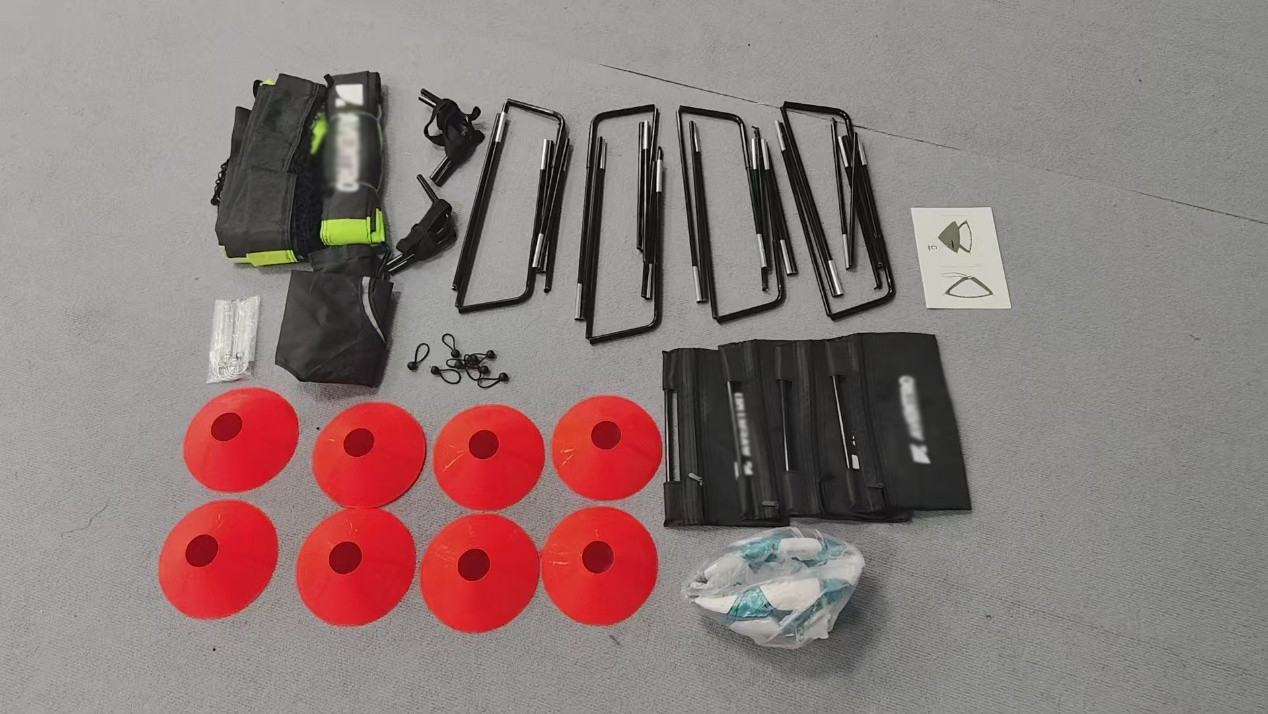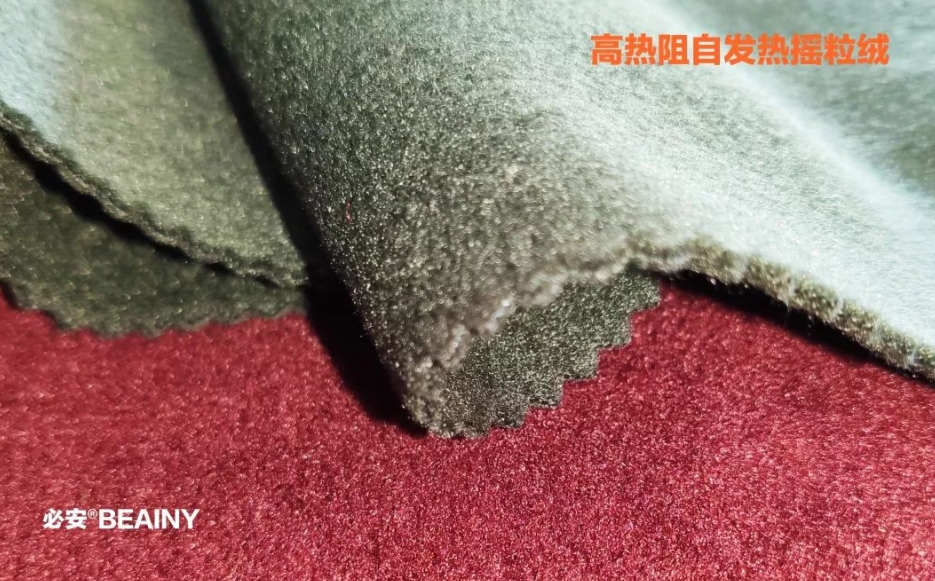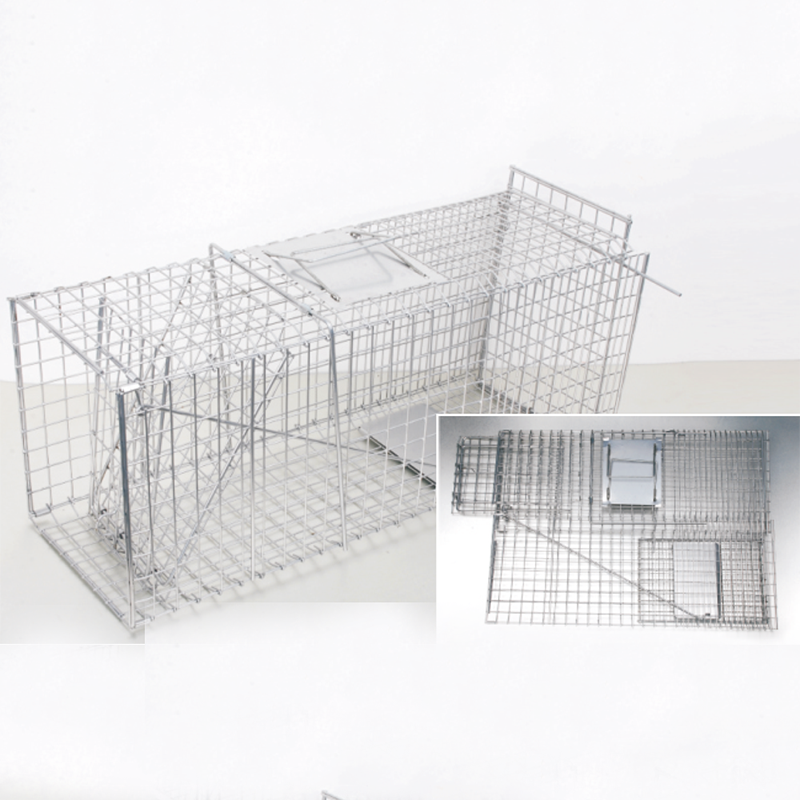Chemical plants are characterized by many equipment, pipes and instruments interconnected to complete normal operation. Since today's petrochemical plants are large-scale, have strong production continuity, low levels of self-control, and contain many dangerous materials such as flammable and explosive, and the equipment height varies, a fully enclosed approach cannot be adopted to solve the problems of winter frost protection and protection in severe cold areas. Anti-condensation problem. Therefore, antifreeze and anticondensation work in winter is very important.
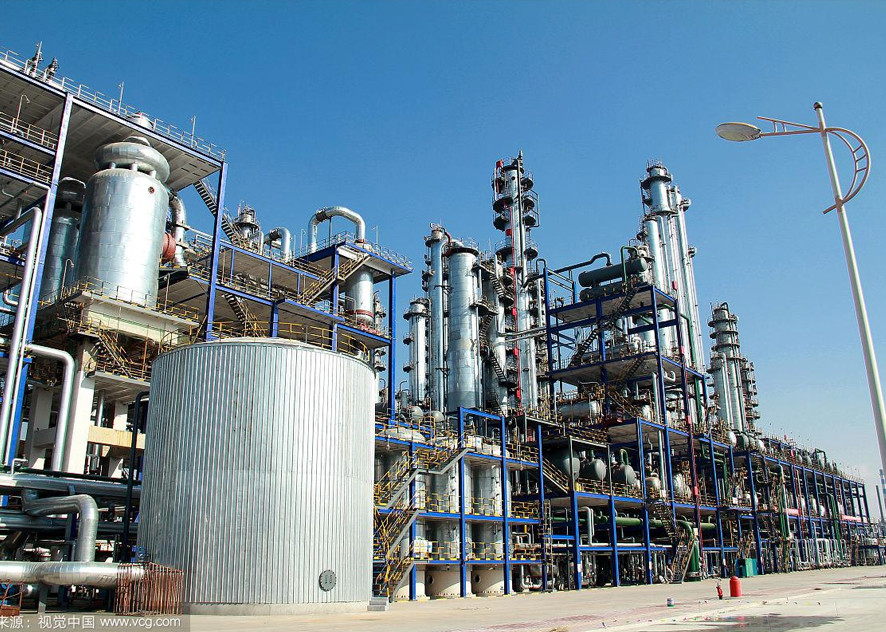
Common antifreeze and anticondensation methods in chemical plants include evacuation, insulation, heat tracing, circulation, etc. Antifreeze and anticondensation in winter should be based on the operating status of equipment and pipelines, combined with problems and experiences that have occurred in the antifreeze process in previous years, and one of them should be adopted. one or more methods.
In terms of antifreeze in winter, common heating media include hot water heating, steam heating, electric heating, and circulating heat media. Electric heating has been widely used as an effective pipe insulation and anti-freeze solution. The working principle is to dissipate a certain amount of heat through the heating media, and supplement the loss of the heated pipe through direct or indirect heat exchange to achieve the normal working requirements of heating, insulation or anti-freeze.
In chemical plants, electric heat tracing can be used in the following scenarios:
1. Pipeline anti-freeze: For pipes exposed to outdoor or low-temperature environments, electric heating can be used to prevent pipes from freezing and ensure the smoothness of the pipes.
2. Equipment anti-condensation: For equipment that needs to maintain fluidity, such as pumps, valves, etc., electric heating can prevent the liquid inside the equipment from solidifying and ensure the normal operation of the equipment.
3. Reactor heating: During the chemical reaction process, electric heating can be used to control the reaction temperature to ensure the smooth progress of the chemical reaction.
4. Liquefied gas insulation: For liquefied gas that needs to be kept in a liquid state, electric heating can be used to maintain the gas temperature and prevent the gas from evaporating or condensing.
Electric heating has wide application prospects in anti-freeze and anti-condensation in chemical plants. Its advantages include uniform heating, adjustable temperature, safety and reliability, etc. In practical applications, it is necessary to select an appropriate electric heating system according to actual needs, and pay attention to safety matters during installation and maintenance. With the continuous advancement of science and technology and the increase in application demand, electric heating technology will have broader development prospects.

 English
English Español
Español Português
Português русский
русский français
français 日本語
日本語 Deutsch
Deutsch Tiếng Việt
Tiếng Việt Italiano
Italiano Nederlands
Nederlands ไทย
ไทย Polski
Polski 한국어
한국어 Svenska
Svenska magyar
magyar Malay
Malay বাংলা
বাংলা Dansk
Dansk Suomi
Suomi हिन्दी
हिन्दी Pilipino
Pilipino Türk
Türk Gaeilge
Gaeilge عربى
عربى Indonesia
Indonesia norsk
norsk اردو
اردو čeština
čeština Ελληνικά
Ελληνικά Українська
Українська Javanese
Javanese فارسی
فارسی தமிழ்
தமிழ் తెలుగు
తెలుగు नेपाली
नेपाली Burmese
Burmese български
български ລາວ
ລາວ Latine
Latine Қазақ
Қазақ Euskal
Euskal Azərbaycan
Azərbaycan slovenský
slovenský Македонски
Македонски Lietuvos
Lietuvos Eesti Keel
Eesti Keel Română
Română Slovenski
Slovenski मराठी
मराठी Српски
Српски 简体中文
简体中文 Esperanto
Esperanto Afrikaans
Afrikaans Català
Català עִברִית
עִברִית Cymraeg
Cymraeg Galego
Galego 繁体中文
繁体中文 Latvietis
Latvietis icelandic
icelandic יידיש
יידיש Беларус
Беларус Hrvatski
Hrvatski Kreyòl ayisyen
Kreyòl ayisyen Shqiptar
Shqiptar Malti
Malti lugha ya Kiswahili
lugha ya Kiswahili አማርኛ
አማርኛ Bosanski
Bosanski Frysk
Frysk ជនជាតិខ្មែរ
ជនជាតិខ្មែរ ქართული
ქართული ગુજરાતી
ગુજરાતી Hausa
Hausa Кыргыз тили
Кыргыз тили ಕನ್ನಡ
ಕನ್ನಡ Corsa
Corsa Kurdî
Kurdî മലയാളം
മലയാളം Maori
Maori Монгол хэл
Монгол хэл Hmong
Hmong IsiXhosa
IsiXhosa Zulu
Zulu Punjabi
Punjabi پښتو
پښتو Chichewa
Chichewa Samoa
Samoa Sesotho
Sesotho සිංහල
සිංහල Gàidhlig
Gàidhlig Cebuano
Cebuano Somali
Somali Точик
Точик O'zbek
O'zbek Hawaiian
Hawaiian سنڌي
سنڌي Shinra
Shinra հայերեն
հայերեն Igbo
Igbo Sundanese
Sundanese Lëtzebuergesch
Lëtzebuergesch Malagasy
Malagasy Yoruba
Yoruba





